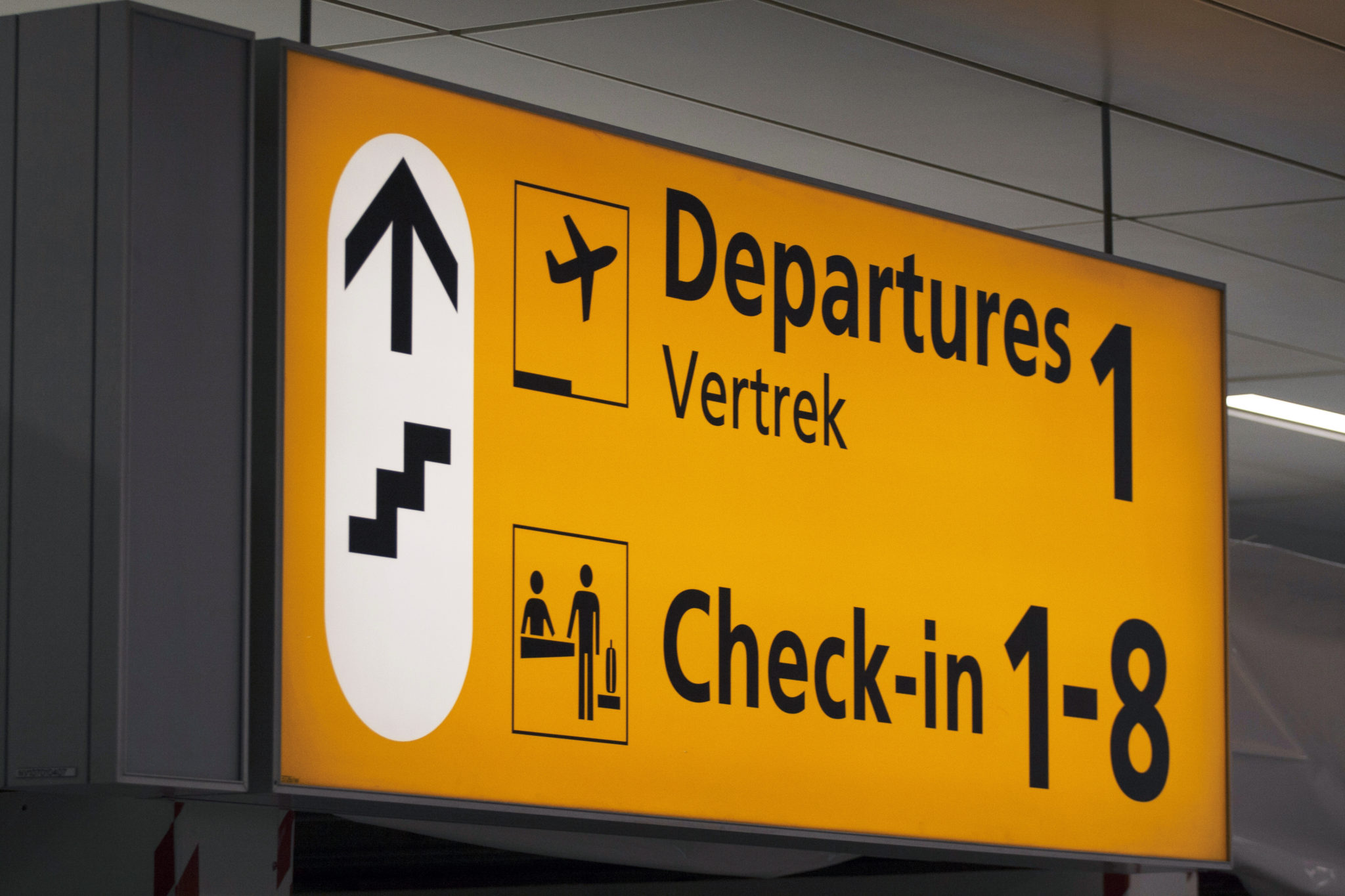Brexit and the impact of the new points-based system
Published on 12th August 2020

With the transition period ending at the end of this year, free movement of people between the United Kingdom and the European Union will also end on 31 December 2020. A "new" immigration system is coming into place in 2021 (read here for more analysis) and to have an impact on the ability of some sectors to hire EU nationals after the changes.
Those with a larger EU workforce – and who depend heavily on this market – are likely to be heavily affected by the changes. The current economic situation due to the Covid-19 pandemic also influences how these industries will react to recruitment, transferring employees between international offices, employees working remotely and financially sponsoring visa applications.
EU nationals coming to the UK for work from 1 January 2021 will need a relevant visa to allow them to work in the UK just like any other national. One of the main options is the Tier 2 work visa category, which we have focused on in this assessment – and some of the points raised overlap across sectors. This category will require the hiring company to have a valid Sponsor Licence. Our advice, since the Brexit vote, has been for companies to prepare themselves and apply for a Sponsor Licence as soon as possible. The level of skillset required and salary offered will – as it does in any industry – vary, but this is a strong indicator of whether individuals can apply for a suitable visa that permits work in the UK.
Some of the changes in 2021 will mean the process is easier and quicker – as noted in our previous article – and the main changes will be the reduction of the salary and skills threshold for a Tier 2 visa. These will significantly benefit some "blue-collar" roles that could not previously be sponsored based on the eligibility criteria. However, there are other factors that may prevent companies sponsoring these visas, for example, the salary requirements or visa application fees.
Retail and consumer
With a large number of EU nationals working in retail and consumer, the sector is probably the most affected by the new rules – and, without the changes coming into force next year, the majority of the industry's roles could not be sponsored. The position varies between individual restaurants, shops, leisure centres and hotels. It is not just the lowering of the skills threshold that is important but also the salary reduction: many across the industry would not have previously met the minimum threshold of £30,000. The new rules will allow some flexibility to swap points, however, if the salary is lower than the new threshold of £25,600, which is still considerably high for junior positions in the industry.
The Covid-19 pandemic has also adversely affected the sector with the closure of businesses for long periods and followed by reduced services as lockdown has been lifted. Many have now resorted to online shopping and take-away services, which is changing the landscape for this industry. Brexit will bring its own challenges and it is important to look at future recruitment and eligibility and the costs of sponsoring non-UK nationals from January 2021 onwards.
Workforce solutions
The changes next year will allow more HR and administrative roles to be sponsored, however, within the workforce solutions sector, the important area to consider is how the employee-employer relationship is structured. Under the Tier 2 visa route, your sponsor is your employer. And the visa route does not facilitate contracting or freelancing to work for other companies. There are options to have a time-limited service agreement between two companies but your employer must remain the sponsoring company. This can bring various questions for companies that use staffing and recruitment companies to hire employees and largely rely on EU nationals. But, as long as the companies understand their responsibilities and have the necessary tools such as a Sponsor Licence, then they can facilitate any necessary work visas.
Financial services
This sector generally tends to have a highly skilled workforce and high salaries that meet the Tier 2 requirements. The lowering of the threshold will mean that more of the junior rules will be able to be sponsored, for example, financial and accounting technicians, insurance underwriters and business sales executives. For international businesses that have offices in other EU countries and normally transfer employees between offices for short periods or travel frequently for business, it will be important to look at the activities involved to check whether they will fall within the business visitor provisions or if a work visa is required.
Technology, media and communications
In the UK, there has always been an underlying focus on support for the technology, media and communications (TMC) sector so that it develops, stays globally competitive and retains its status as the hub of technology in Europe. Various visa categories have encouraged this ambition, including the Innovator and Exceptional Talent routes. The TMC sector can also sponsor visas easily due to the highly skilled workforce and usually competitive salary packages. The changes next year will mean that junior positions, technical and IT support roles, and technicians can qualify, which is an important development for the sector as it has a large EU workforce.
This sector also benefits from having many of its roles listed under the Shortage Occupation List, which means that the visa application fee is reduced and additional points are granted under the Tier 2 visa.
Prepare and plan
The core things to consider within all sectors is preparation and ensuring the company has a valid Sponsor Licence, an understanding of the necessary recruitment or internal employee transfers post 2021 and the costs involved. We can help you plan and build a strategy based on your business needs with a focus on the specific sector and ways to deal with potential challenges of Brexit and business during and post Covid-19.




